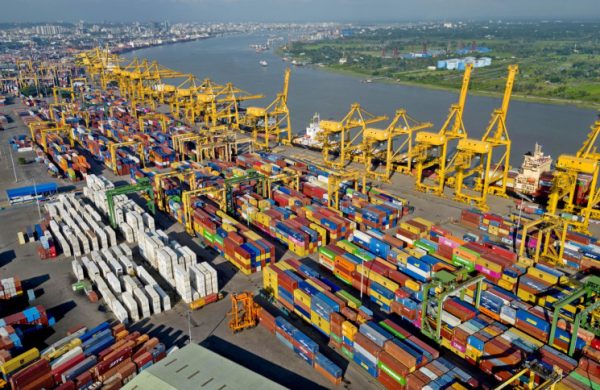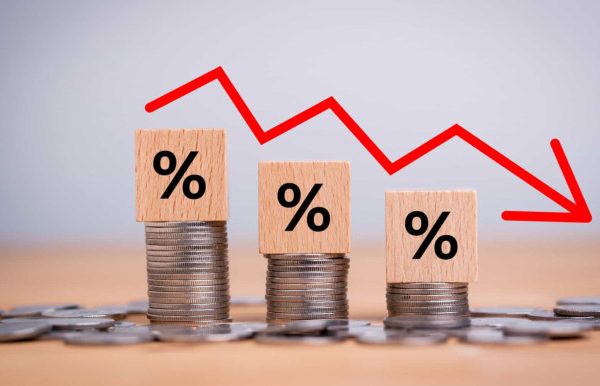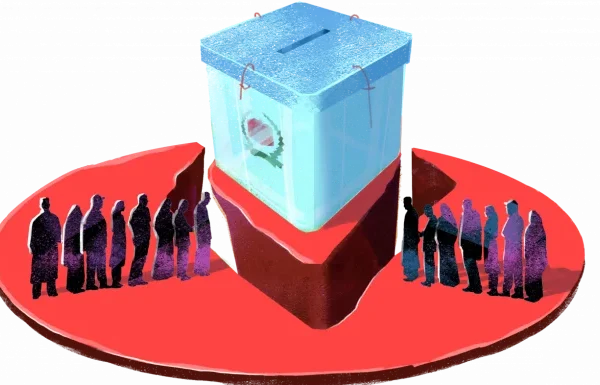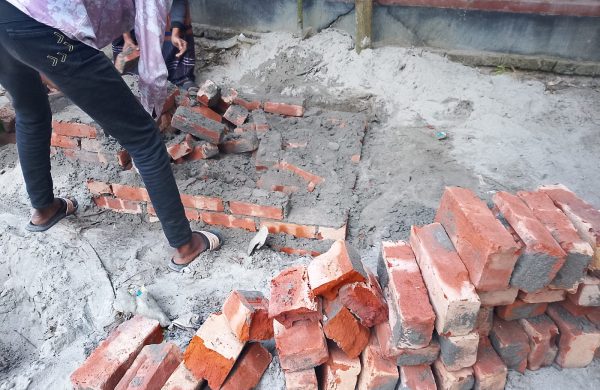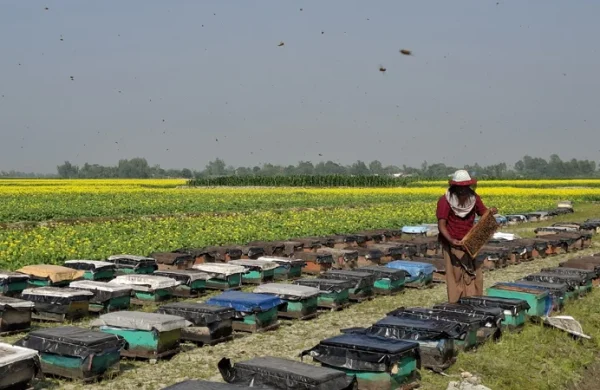Apparel exports see 5.2pc fall in 11 months
- Update Time : Saturday, July 27, 2024

TDS Desk:
According to the Export Promotion Bureau (EPB), in the first 11 months of FY 2023-24, the export income of ready-made garments showed a growth of 2.86 per cent. However, Bangladesh Bank’s data indicated a decrease in export income by 5.2 per cent during the same period.
Bangladesh earned $33.04 billion from ready-made garment exports from July to May of the last financial year, down from $34.86 billion in the same period the previous year.
The EPB reported that the export revenue from the ready-made garment sector in the first 11 months of FY 2023-24 was $43.85 billion, compared to $42.63 billion in the previous year, reflecting a 2.86 per cent growth.
Conversely, Bangladesh Bank’s calculations show a 5.3 per cent decrease in net garment export income to $17.60 billion from $18.58 billion the previous year. Additionally, revenue from oven products decreased by 5.1 per cent, with earnings of $15.40 billion, down from $16.22 billion the previous year.
Exporters believe that various factors contributed to the decline in garment industry income. A significant reason is the decrease in the unit cost of garments, alongside a slight downward trend in work orders due to global political unrest and the Russia-Ukraine war.
Mohammad Hatem, Executive President of the Knitwear Manufacturers and Exporters Association (BKMEA), affirmed that Bangladesh Bank’s account aligns with their information, indicating that the apparel sector is struggling.
Hatem explained that rising fuel, electricity, and gas prices have increased production costs, but buyers have not raised product prices. Consequently, exporters couldn’t secure garment product orders. He also cited lack of cooperation from banks, and harassment by customs and revenue officials, which weakened their competitive position.
Hatem also blamed global political unrest, the Russia-Ukraine war, and the economic slowdown for the negative export earnings.
SM Mannan Kochi, President of the Bangladesh Garment Manufacturers and Exporters Association (BGMEA), echoed similar concerns about declining export earnings. He highlighted that increased production costs, including higher worker wages and electricity and fuel prices, have made it challenging to compete on price. In this critical moment, buyers have reduced product prices, leading to a decline in exports.
To sustain positive growth in export earnings, uninterrupted gas and power supply must be ensured. Otherwise, the negative trend may continue in the coming months.
Discrepancies in FY2023-24 Export Data
The Export Promotion Bureau did not provide export data for FY 2023-24 due to discrepancies in the export data of its own and data from the Bangladesh Bank and the National Board of Revenue (NBR).
Typically, EPB processes export data based on NBR data. According to conventional norms, after processing NBR data, Bangladesh’s exports in FY 2023-24 stood at $55.28 billion, a 0.49 per cent decrease from the previous year.
However, due to inconsistencies found in the data given to Bangladesh Bank, it was not disclosed.
Initially, Bangladesh Bank identified a significant gap in the first 10 months of FY 2023-24.
Multiple inputs of the same product, double counting of the same HS (Harmonised System) code, and recalculations excluding other double counts could reduce the export income of the last financial year by $10.81 billion. After deducting $10.81 billion from EPB’s initial income of $55.28 billion, export earnings could stand at $44.47 billion. Compared to FY 2022-23, Bangladesh’s exports may decrease by 4.36 per cent in FY 2023-24.
Typically, the EPB processes and publishes export data based on NBR data. However, this year, Bangladesh Bank investigated and identified several reasons for the discrepancy. In some cases, the same export information and HS code of the same product were input multiple times. Additionally, for cutting, making, and skimming products, only the cost of making should be calculated, but all parts, including the fabric, were calculated. Double counting of goods sold in the export sector from the export processing zone to the domestic industry was also noted.
Bangladesh Bank, NBR, and EPB have agreed to define a Standard Operating Procedure (SOP) to eliminate discrepancies in export earnings data.


